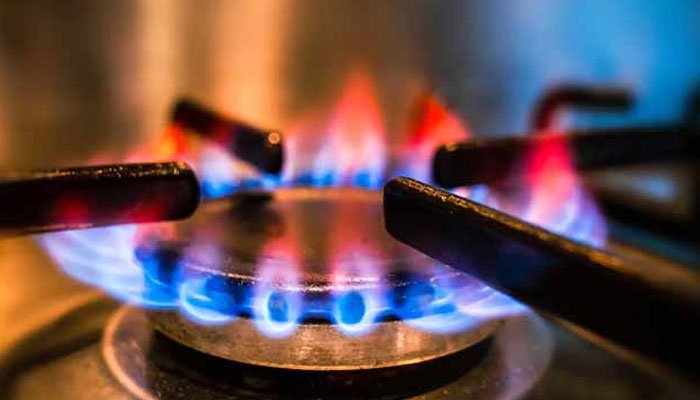Ogra Holds Public Hearing on SNGPL’s Proposal for 147% Gas Price Increase.
SNGPL seeks 147% Gas Price Hike. The Oil and Gas Regulatory Authority (Ogra) is conducting a public hearing today in Lahore regarding a petition filed by the Sui Northern Gas Pipeline Limited (SNGPL) seeking a significant 147% rise in gas prices for the Fiscal Year 2024-25.
If approved, this would mark the third increase in gas prices within a single year, potentially exacerbating inflation rates and placing a heavier financial burden on the less affluent segments of society.
The SNGPL, serving more than 7.22 million consumers across North Central Pakistan, mainly in Punjab, Khyber Pakhtunkhwa, and Azad Jammu and Kashmir, faces an estimated revenue shortfall of Rs189.18 billion.
The proposed gas price surge is scheduled to come into effect from July 1, 2024, aiming to raise the average gas price to Rs4,446.89 per Metric Million British Thermal Unit (mmbtu), representing an increase of Rs2,646.18 per mmbtu.
This anticipated price includes past year’s shortfalls in the natural gas business, with the SNGPL asserting a cost of service for regasified liquefied natural gas (RLNG) at Rs325.08 per mmbtu for the same period.
Following the Lahore hearing, Ogra will convene another session in Peshawar on March 27, allowing stakeholders, consumers, and the general public to voice their concerns before the regulatory decision.
In a related development, the Sui Southern Gas Company (SSGC) has also petitioned for a gas price increase, citing a projected revenue shortfall of Rs79.63 billion and advocating for an average gas price of Rs1,740.80 per mmbtu.
In response, the All Pakistan Textile Mills Association (Aptma) and Lahore Chambers have decided to oppose SNGPL’s petition, questioning assumptions and projections regarding RLNG diversion and cost of gas.
More From FactFile: Iran demands Pakistan Gas pipeline in 6-month or pay $18 billion fine
The textile industry plans to challenge SNGPL on high unaccounted-for gas (UFG) in its network, seeking justification for operating expenses, late payment surcharges, and capital expenditures.
With domestic sector consumption on the rise and concerns over the financial implications of gas price hikes, the ongoing public hearings serve as a platform for stakeholders to engage in critical dialogue and ensure regulatory decisions align with the interests of all stakeholders.

























